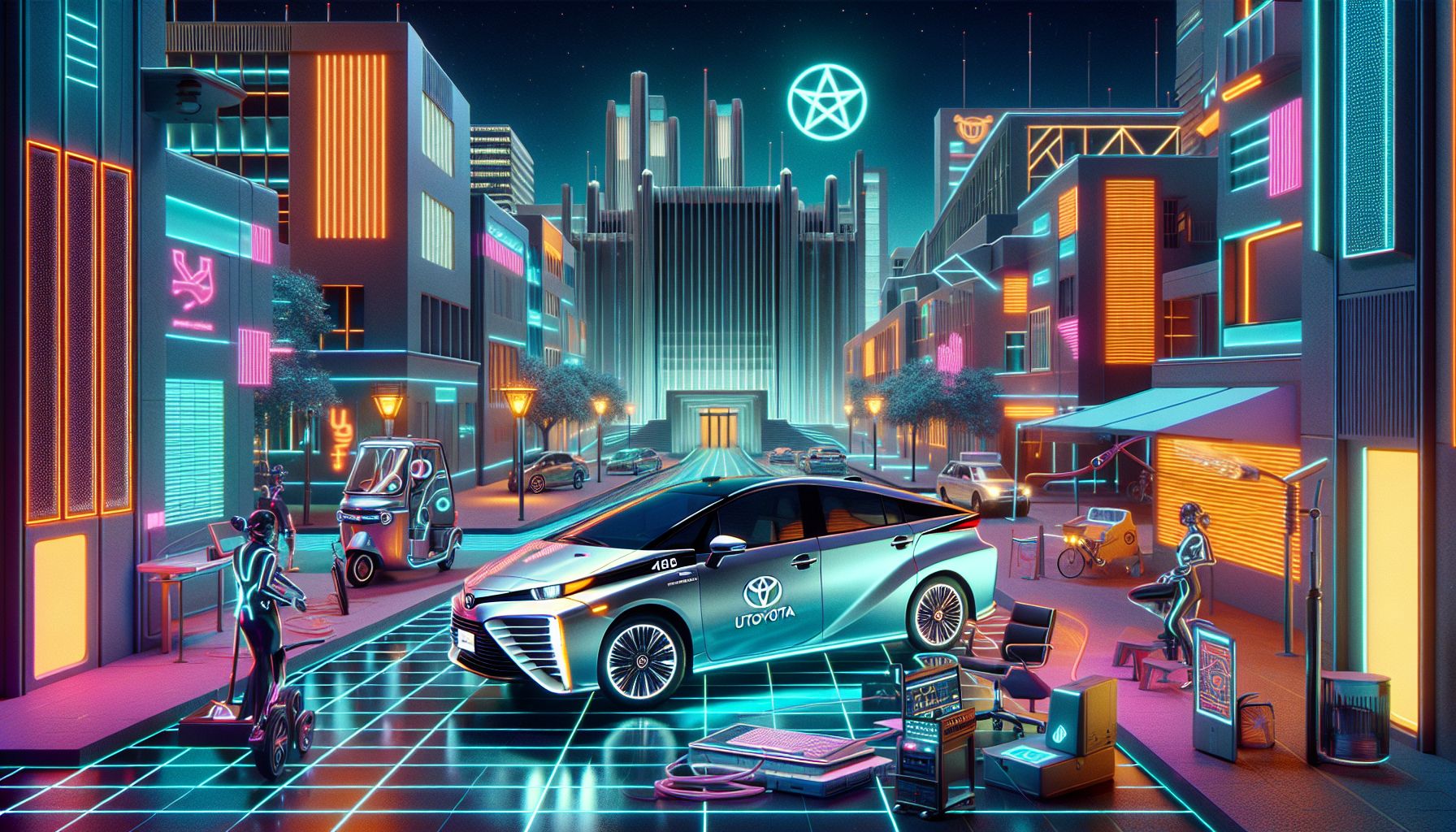Texas University Pioneers Hydrogen Ride-Share with Toyota Mirai

Austin, Tuesday, 21 October 2025.
University of Texas launches hydrogen-powered ride-share, featuring the Toyota Mirai, to drive sustainable transport and clean energy. A key step towards zero-emission mobility, showcasing hydrogen’s potential.
A New Era for Sustainable Transport
The University of Texas has kicked off an exciting hydrogen-powered ride-share programme, featuring the Toyota Mirai, a fuel cell electric vehicle, to promote sustainable transportation and clean energy on campus. This initiative, launched in late September, allows students and faculty to borrow these vehicles, aiming to demonstrate hydrogen’s potential as a viable zero-emission fuel [1][2].
How It Works
Fuel cell electric vehicles like the Toyota Mirai operate by combining hydrogen and oxygen in a fuel cell to generate electricity, emitting only water vapor and warm air as by-products. This makes them incredibly clean compared to traditional combustion engines [1]. The programme, organised by the UT Center for Electromechanics, offers free vehicle rentals to those who complete a driving class, providing a practical opportunity to experience hydrogen technology firsthand [1].
Challenges and Opportunities
While the benefits of hydrogen vehicles are clear—zero emissions, high mileage, and quick refuelling times—their widespread adoption faces challenges. The current infrastructure is limited, with Texas hosting only one public hydrogen refuelling station, and costs for building new stations are high. Hydrogen prices also remain significantly higher than gasoline [1].
The Broader Picture
This programme forms part of a broader trend towards hydrogen adoption in the automotive industry. Toyota, a crucial partner in this initiative, has been a leader in developing hydrogen technology, showcasing the Mirai as a model for clean energy vehicles [2]. The University of Texas’s efforts align with these global trends, aiming to reduce carbon emissions and promote environmentally friendly transport solutions [2].
Future Prospects
As researchers at UT continue to explore hydrogen’s potential, investments in infrastructure and public support will be key to making this technology viable. The hope is that programmes like this one will foster greater acceptance and drive the development of a hydrogen-powered future [1].